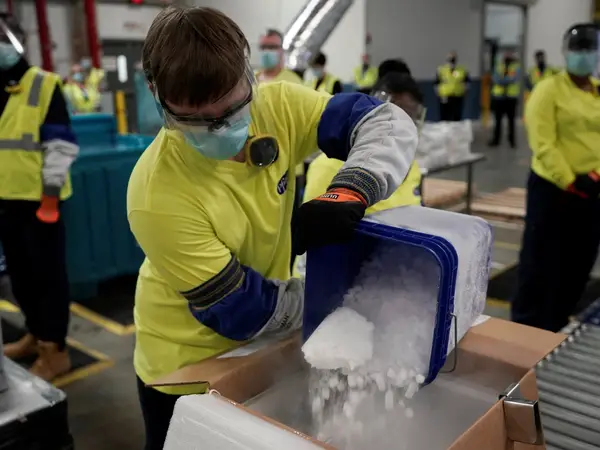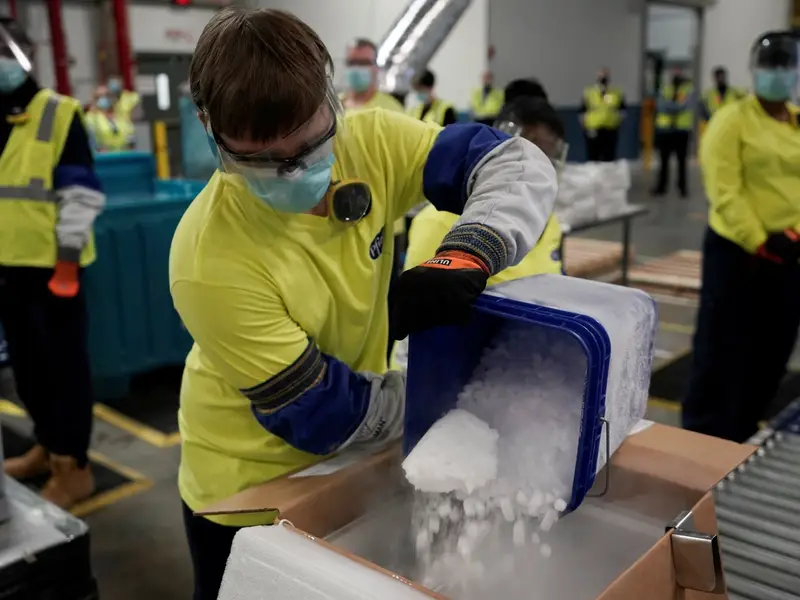While Iran’s national carrier, Iran Air says Iraq does not allow entry to visitors who have received Iranian-made Covid-19 vaccines, the Interior Ministry says it is not aware of such a restriction.
In response to Iran Air's announcement, Hossein Ghasemi, the Interior Ministry's director of border affairs said the ministry had “not yet received official letters from the [Iranian] Ministry of Foreign Affairs regarding the Iraqi-approved vaccines."
Iraq has vaccinated 18 percent of its population, short of a 40 percent target set last year by the World Health Organization for January 2022, but has reported only 25,157 deaths. Iran has vaccinated 69 percent and has reported 140,315 deaths.
Iran has approved at least six homegrown vaccines for production, although some have not completed trials. Most of the 147 million doses administered in Iran are Sinopharm, recognized by the World Health Organization in May 2021.
In January 20121, Iran’s Supreme Leader Ali Khamenei banned the purchase of American and British vaccines, and the state began pushing for homegrown variants. Most vaccine projects seemed to be the result of competing economic interests of influential groups.
In September 2021, more controversy ensued when a former member of parliament alleged that Barakat, the most well-connected vaccine developer received one billion dollars from the state in advance and delivered only a fraction of the quantity promised.

